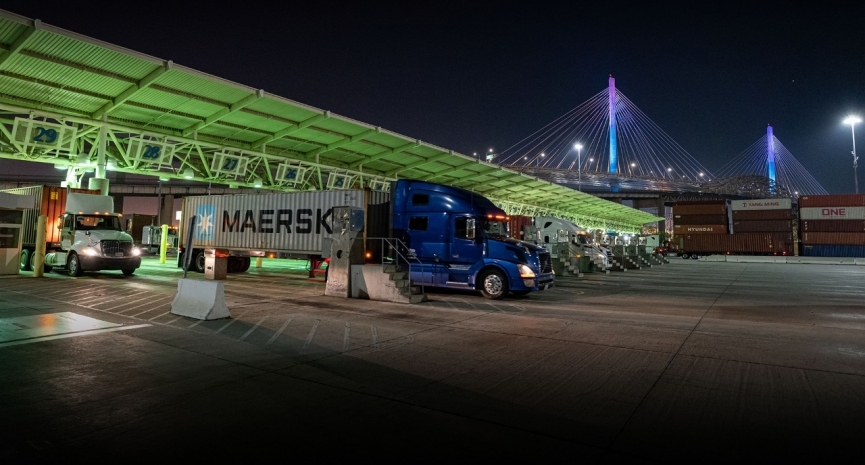LA/LB ports to go ahead with container dwell fee; time till Nov 15 to clear containers
The contentious container excess dwell fee is well and truly on across the Ports of Los Angeles and Long Beach.

October 30, 2021: The contentious container excess dwell fee is well and truly on across the Ports of Los Angeles and Long Beach.
Under the 90-day policy, the ports will charge ocean carriers for each import container in two categories: if containers are to be moved by truck, carriers will be charged for every container dwelling nine days or more. For containers moving by rail, carriers will be charged if a container has dwelled for six days or more.
The ports will charge carriers $100 per container, increasing in $100 increments per container per day until the container leaves the terminal.
“Our objective with this program is not to generate revenue,” Los Angeles Harbor Commission President Jaime Lee said. “Instead, we need our supply chain partners to make operational changes that will reduce dwell times, clear our terminals and make room for the ships waiting to enter our port.”
While the programme will start from November 1, penalties would be assessed around November 15.
“Starting Monday, we will be taking daily data snapshots of how long import containers sit on our container terminals,” said Port of Los Angeles Executive Director Gene Seroka. “If progress is being made clearing our docks, I have the discretion to delay the start of fees beyond Nov. 15. Our goal is to see significant improvement on our docks so that we don’t need to administer any fees.”
Approximately 40% of import containers are idling on terminals at least nine days, according to the estimates by the ports. "Before the pandemic-induced import surge began in mid-2020, on average, containers for local delivery remained on container terminals under four days, while containers destined for trains dwelled less than two days," the statement said.
Maersk, the largest carrier, said in a customer advisory that "the no-new-fee surcharge clause does not apply to government impelled charges." In simple terms, shippers would have to pay the dwell charges if they fail to clear the containers.
The carrier added that they are actively working with both regulators “and the port of Los Angeles and Long Beach alike to gain a full understanding of all the issues at hand and as more information becomes available, trust we will do our utmost to keep you informed."
In a statement, Hapag Lloyd said."This is a port authority announced and levied charge which, as a pass-through charge, will be for the account of the merchant and any amount owed will need to be paid prior to container release."


